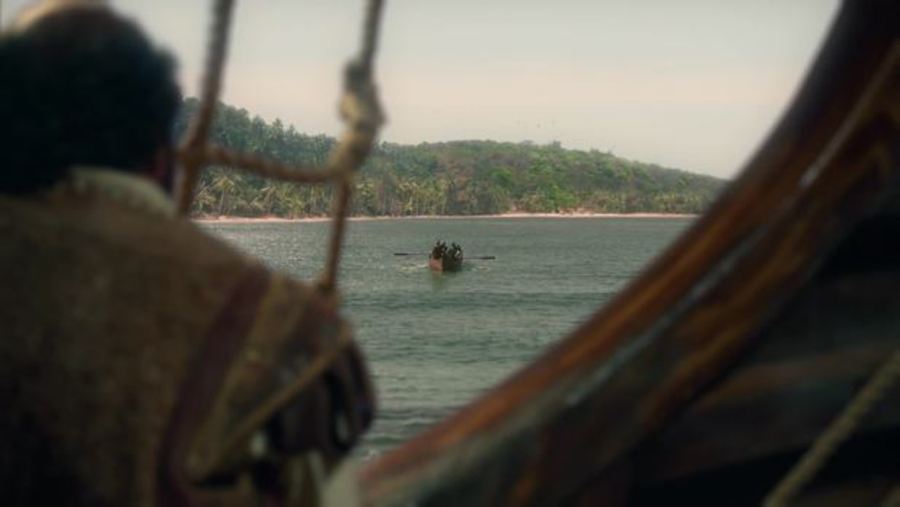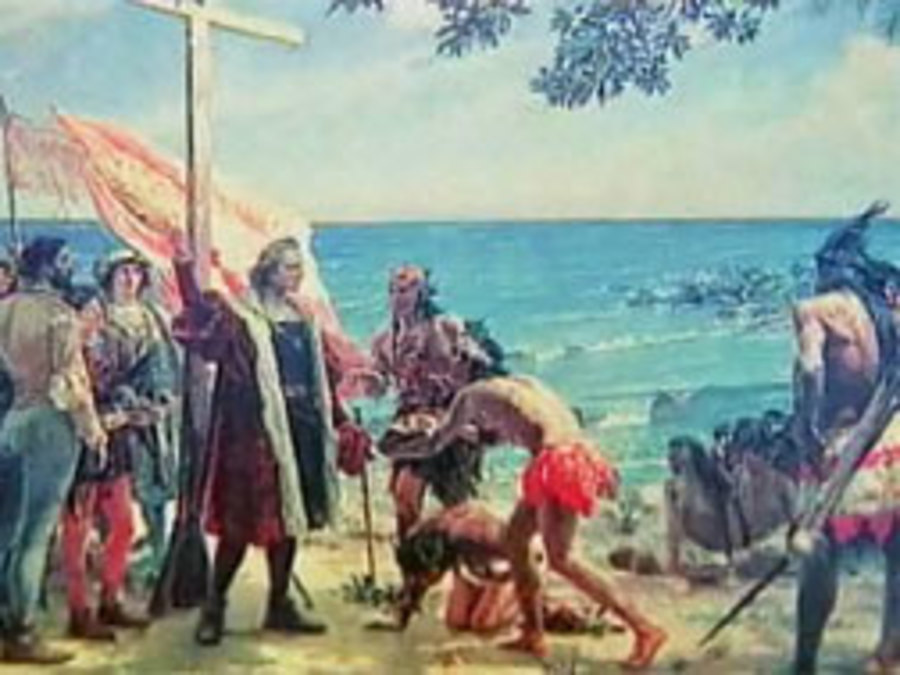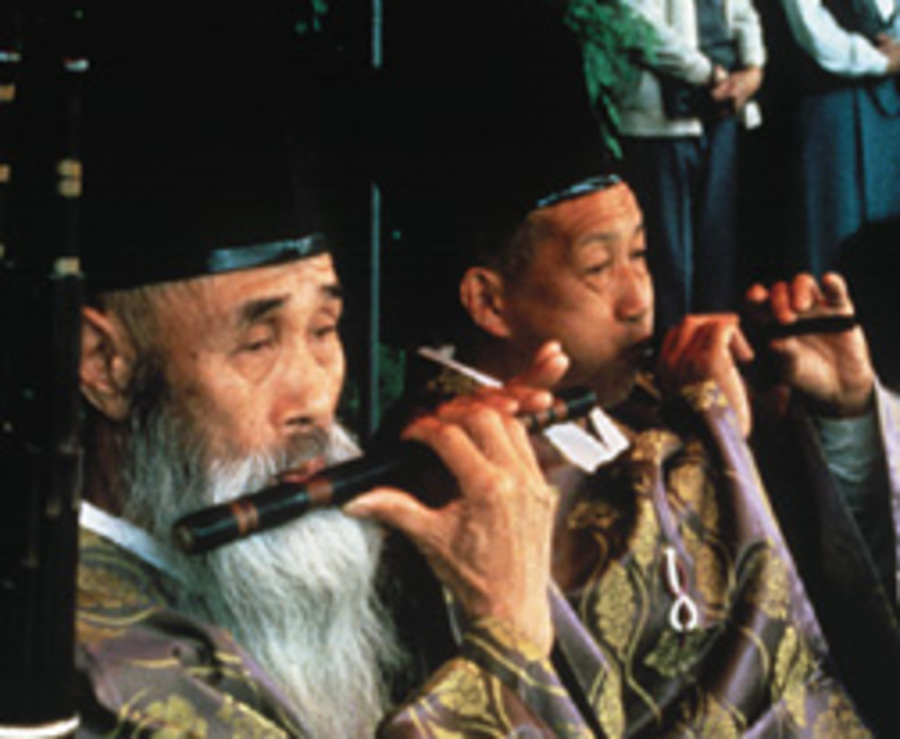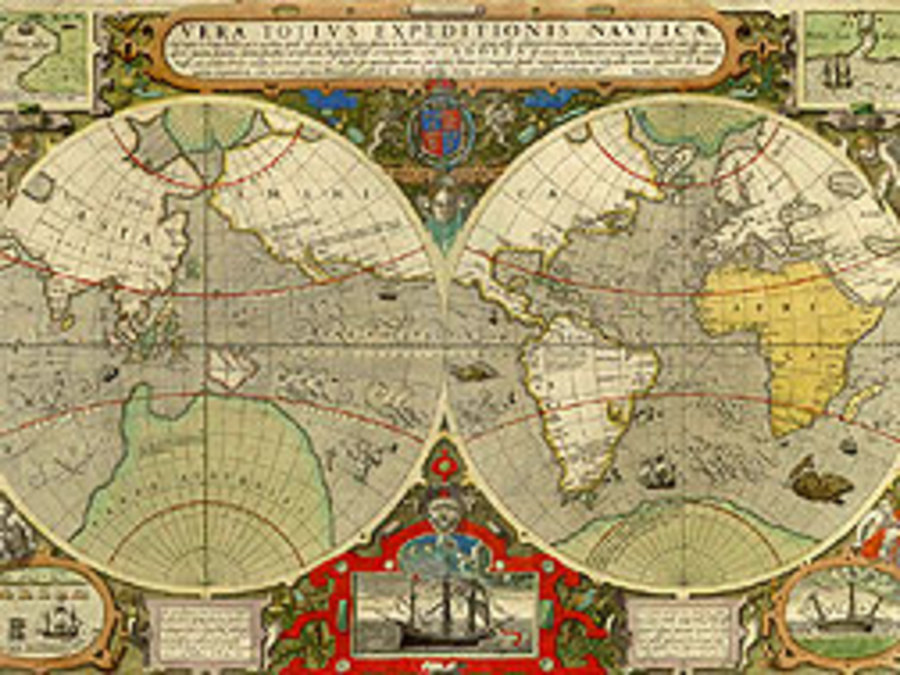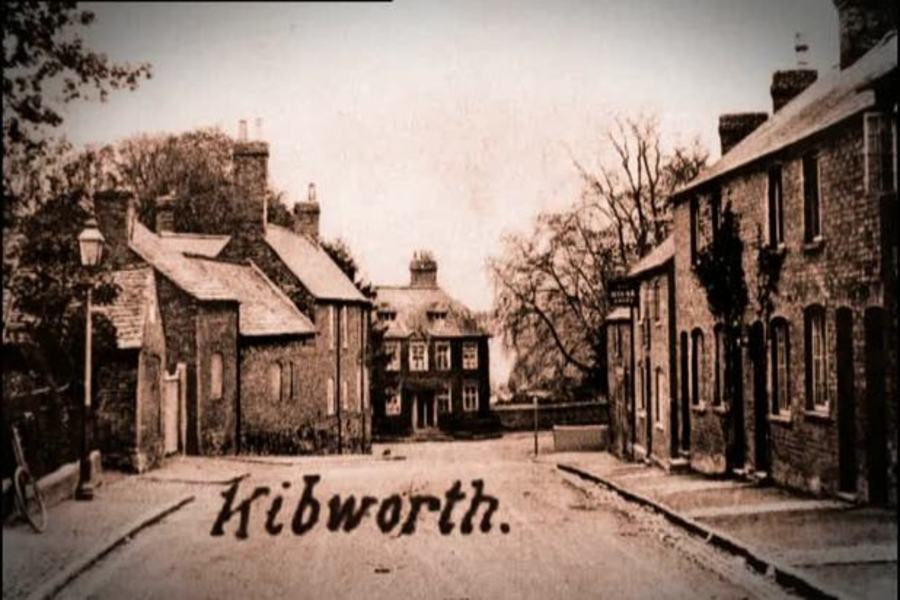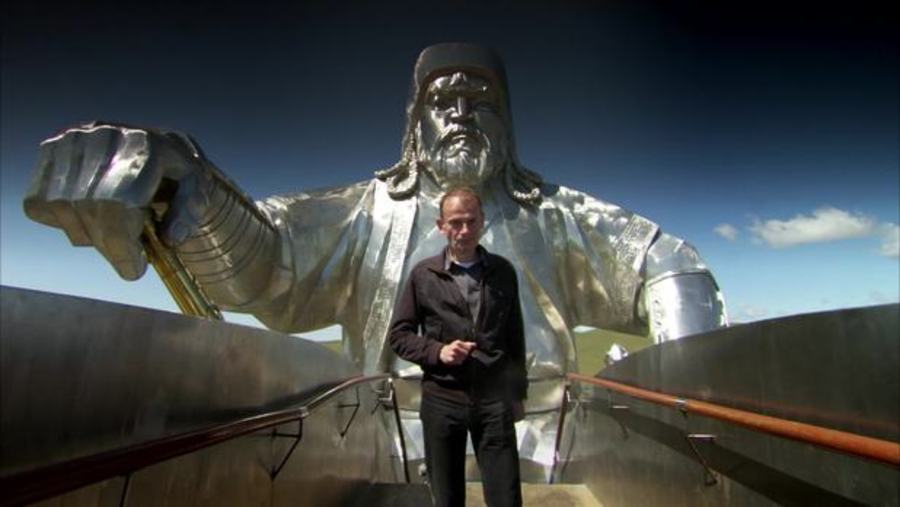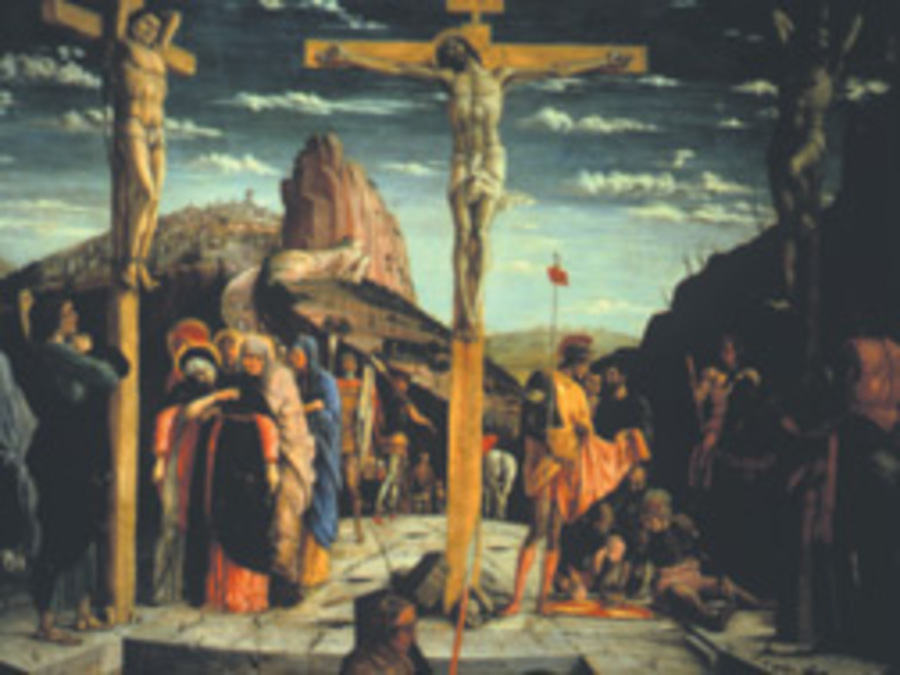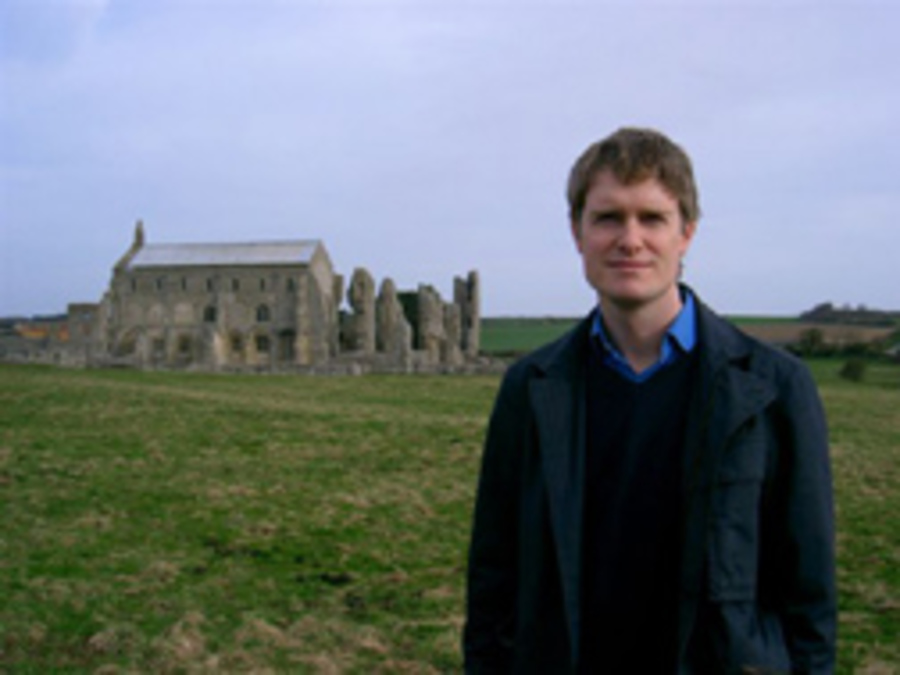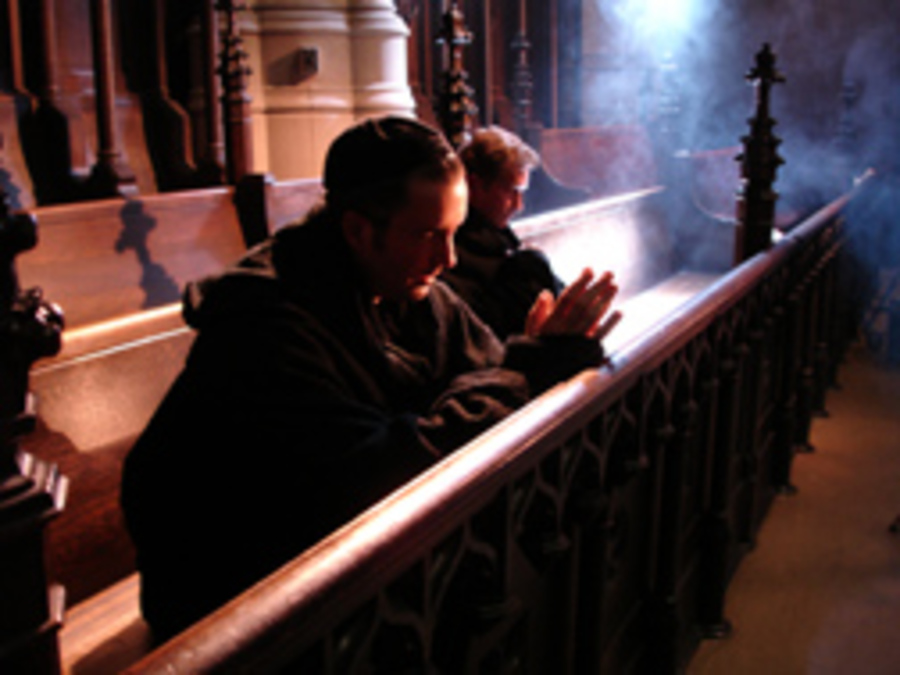 Try these videos to get started. Must be on campus or login with your COM account for off campus access.
Try these videos to get started. Must be on campus or login with your COM account for off campus access.
Want more on finding media? Try Articles & Media.
-
Age of Plunder (57:20)
This episode reveals the explosion of global capitalism that began with Christopher Columbus stumbling across America while searching for China. The search for Gold and spread of Christianity caused Europeans to colonize the New World, discovering many new lands, such as that of the Incas in Peru. We visit Cajamarca, where the King Atahualpa was held captive by Pizarro and forced to convert to Christianity. At Amsterdam's tulip fields, we reflect on the first global stock market crash—Tulipmania. In the 145 years from 1492 to 1637, European capitalism was born and spread around the globe.
-
Christopher Columbus : Explorer of the New World (48:00)
Christopher Columbus set out to find a new route to Asia, but instead became the first Spaniard to set foot in the New World. Evidence now proves that the Vikings reached North America long before him, yet even in his own time, other explorers usurped his glory. Period accounts, rare art and artifacts, and interviews with world-renowned historians are featured. A&E Television Networks.
-
The Coming of the Barbarians (Japan 1540–1650) (52:29)
In 1540, Portugese navigators and Jesuit priests landed in a Japan of shoguns and samurai, where the arts of warfare had been refined to hitherto unknown heights of cruelty. Although Westernisms quickly became the rage in Japan, the Japanese soon recognized the long arm of colonialism. Christian priests and converts were persecuted and martyred and, in 1650, Japan shut tight its doors to the outside.
-
The Explorers : Five Europeans Who Redrew the Map of the World (72:00)
Using sophisticated animation and expertise from modern scholars and archivists, this program reconstructs European voyages of discovery that took place in the 15th through 18th centuries and profiles the visionaries who led them.
-
Henry VIII to the Industrial Revolution (59:02)
Groundbreaking series in which Michael Wood tells the story of one place throughout the whole of English history. The village is Kibworth in Leicestershire in the heart of England - a place that lived through the Black Death, the Civil War and the Industrial Revolution and was even bombed in World War Two. The tale reaches the dramatic events of Henry VIII's Reformation and the battles of the English Civil War. We track Kibworth's 17th century dissenters, travel on the Grand Union Canal and meet an 18th century feminist writer from Kibworth who was a pioneer of children's books. The story of a young highwayman transported to Australia comes alive as his living descendants come back to the village to uncover their roots. Lastly, the Industrial Revolution comes to the village with framework knitting factories, changing the village and its people forever.
-
Into the Light (58:35)
Andrew Marr reaches the Middle Ages, when Europe suffered after the collapse of the Roman Empire. Vikings explored and pillaged from Northern Europe to North America, laying foundations of new trading states such as Russia. During the Golden Age of Islam, scholars in Baghdad's House of Wisdom built upon ancient Indian, Persian, and Greek knowledge. By exploring the conquests of Ghengis Khan, the adventures of Marco Polo and the story of an African King, Marr finds out how Europe emerged from the so-called 'Dark Ages' and used influences from around the world to rise again with the Renaissance.
-
The Italian Renaissance (01:00:00)
The Italian Renaissance, which embraces both the Early Renaissance and the High Renaissance, stands as the central tradition in European art—and continues to be a powerful source of artistic influences.
-
A Reformation of the Mind: Protestantism and Western Culture (59:04)
At the core of the Protestant Revolution was a new emphasis on exploring and questioning the natural world. This program shows how a religious upheaval that began a half-millennium ago led to the art, literature, and science of today’s Western society. The film makes the case that a humanistic approach to art first grew out of the Protestant drive to remove images from European churches in the 16th and 17th centuries. It also examines the development of the modern novel via the Protestant-informed writings of John Bunyan, Daniel DeFoe, and Charles Dickens—then reveals the Protestant underpinnings of Newtonian physics, Darwin’s theories, and our technological culture.
-
The Renaissance, Reformation, and Beyond: Towards a Modern Europe (24:52)
The Italian Renaissance’s contributions to revolutions in architecture, art, religion, commerce, politics, and navigation are discussed in this program. The Signoria Tower, Ghiberti’s Baptistry doors, and Giotto’s Bell Tower exemplify innovative ideas in architecture and art; Martin Luther and John Calvin apply similar revolutionary thinking to religion; Portuguese seafarers boldly set out to discover a route to India, while Christopher Columbus, setting his sights westward, discovers the New World.
-
Series: Conquistadors, with Michael Wood
The Spanish conquest of the Americas in the 16th century was one of the most cataclysmic events in history. Conquistadors, an exploration of this fateful feat, is written and presented by Michael Wood—the adventurous historian and broadcaster known for his unique and daring expeditions. In this 4-part series, Wood takes viewers from Amazonia, to the desserts of northern Mexico, and the heights of Machu Picchu in Peru, as he traces the footsteps of the most famous Spanish explorers. Whether he's climbing a mountain pass in the pouring rain or eating guinea pigs in a remote village, Wood's compelling step-by-step journey exposes the unfathomable hardships met when two cultures collided for the very first time. Distributed by PBS Distribution. 4-part series, 60 minutes each.
-
Series: First Light, Tuscany and the Dawn of the Renaissance
This elegant four-part series deliberates on the explosive changes that occurred in Tuscany between 1200 and 1350. Invaluable works of art and architecture from the early Italian Renaissance serve as a window through which leading art historians analyze the formation of city-states—their commerce, visual arts, and religion. A stimulating examination of how the Renaissance has shaped Western civilization. 4-part series, 49 minutes each.
-
Series: The Protestant Revolution
With its respect for individual autonomy, its sense of a personal God, and its contempt for the ornate trappings of the Catholic church, the Protestant Revolution forged much of modern Western society. This four-part series illustrates the birth and development of Protestantism, a powerful engine of economic, social, and sexual change for 500 years. Presenting commentary from many of today’s notable religious leaders and scholars, the series profiles numerous Protestant historical figures and factions. It also establishes an important irony—that an initially pious movement led to a system of thought and practice eminently suited to a secular world. 4-part series, 60 minutes each.
![]() Try these videos to get started. Must be on campus or login with your COM account for off campus access.
Try these videos to get started. Must be on campus or login with your COM account for off campus access.